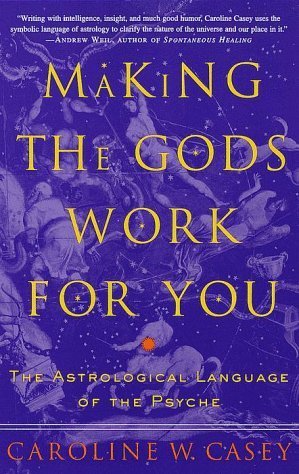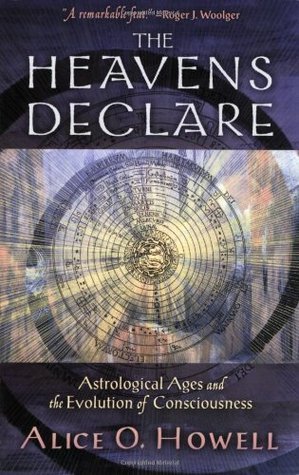
Cosmos and Psyche: Intimations of a New World View
Book Description
A hidden connection pulses between the vast cosmos and the intricacies of the human psyche, hinting at a transformative revelation that could redefine existence itself. Richard Tarnas takes on this exhilarating journey, unraveling profound patterns that intertwine the universe's rhythms with the depths of human experience. With a captivating exploration of astrology, psychology, and history, he unveils a tapestry that challenges conventional perceptions and beckons a new worldview. As cosmic cycles mirror the arc of human consciousness, one question looms: Are we alone in our struggles, or do the stars conspire to guide our destiny?
Quick Book Summary
Cosmos and Psyche by Richard Tarnas explores the profound and often overlooked connections between the cosmos and the human mind. Drawing from centuries of philosophy, astrology, psychology, and history, Tarnas argues for a revolutionary shift in worldview that recognizes the synchronistic interplay between planetary cycles and historical events. Through comprehensive analysis, he demonstrates that meaningful correlations exist between celestial patterns and cultural epochs, artistic expressions, and collective psychological states. Tarnas challenges the reigning scientific paradigm, inviting readers to consider an ensouled universe where consciousness and cosmos are intimately linked. This book proposes a participatory cosmology, in which humans are both shaped by and creative agents within a living, intelligent universe. The work ultimately beckons a spiritual and intellectual renewal, urging society to reevaluate its relationship with the cosmos and open up to a more integrated and holistic vision of reality.
Summary of Key Ideas
Table of Contents
The Participatory and Connected Cosmos
Richard Tarnas begins by tracing the history of humanity’s relationship to the cosmos, noting a dramatic shift from an enchanted, meaningful universe to a disenchanted, mechanistic perspective upheld by modern science. He reviews how this "disenchantment" has led to existential insecurity, ecological crisis, and spiritual alienation. Against this backdrop, Tarnas proposes recovering a participatory worldview—one that understands humans as not just passive observers but integral participants within a cosmic whole, capable of meaningful interaction and engagement with the universe.
Astrological Cycles as Structures of History
Central to Tarnas’s thesis is the examination of astrological cycles and planetary alignments. Far from reducing astrology to simplistic predictions, he explores in detail the recurring correlations between planetary movements and significant cultural, political, and psychological shifts in history. He provides a compelling case that major world events and the evolution of collective consciousness recur in synchrony with cyclical planetary aspects, such as the conjunctions and oppositions of Uranus and Pluto, Saturn and Neptune, and other significant alignments.
Reexamining the Scientific Worldview
Tarnas challenges the prevailing scientific paradigm that dismisses astrology and any form of consciousness in the cosmos as pseudoscientific or superstitious. He critiques the limitations of reductionism and materialism, positing that a strictly objective, detached science overlooks the deeper, archetypal structures that influence both mind and matter. Instead, he advocates for an expanded approach that synthesizes empirical rigor with openness to profound, meaningful correspondences.
Archetypal Patterns in Human Consciousness
Within this perspective, Tarnas introduces the concept of archetypes—universal patterns or principles that manifest in both psychological and material realms. He illustrates how archetypal forces underlie individual and collective experience, shaping the myths, symbols, and historical developments of civilizations. Planetary cycles, in this view, become cosmic mirrors reflecting archetypal dynamics within the psyche and society, allowing for deeper insight into human history and potential futures.
A Call for a New Worldview
Ultimately, "Cosmos and Psyche" issues a call for an intellectual and spiritual renaissance. Tarnas encourages a reassessment of humanity’s place in the cosmos, recognizing the mutual co-creation between human consciousness and the universe. By integrating insights from astrology, psychology, philosophy, and science, he seeks a world view that enriches understanding, nurtures the soul, and fosters a more harmonious relationship between humanity and the living universe.
Download This Summary
Get a free PDF of this summary instantly — no email required.





